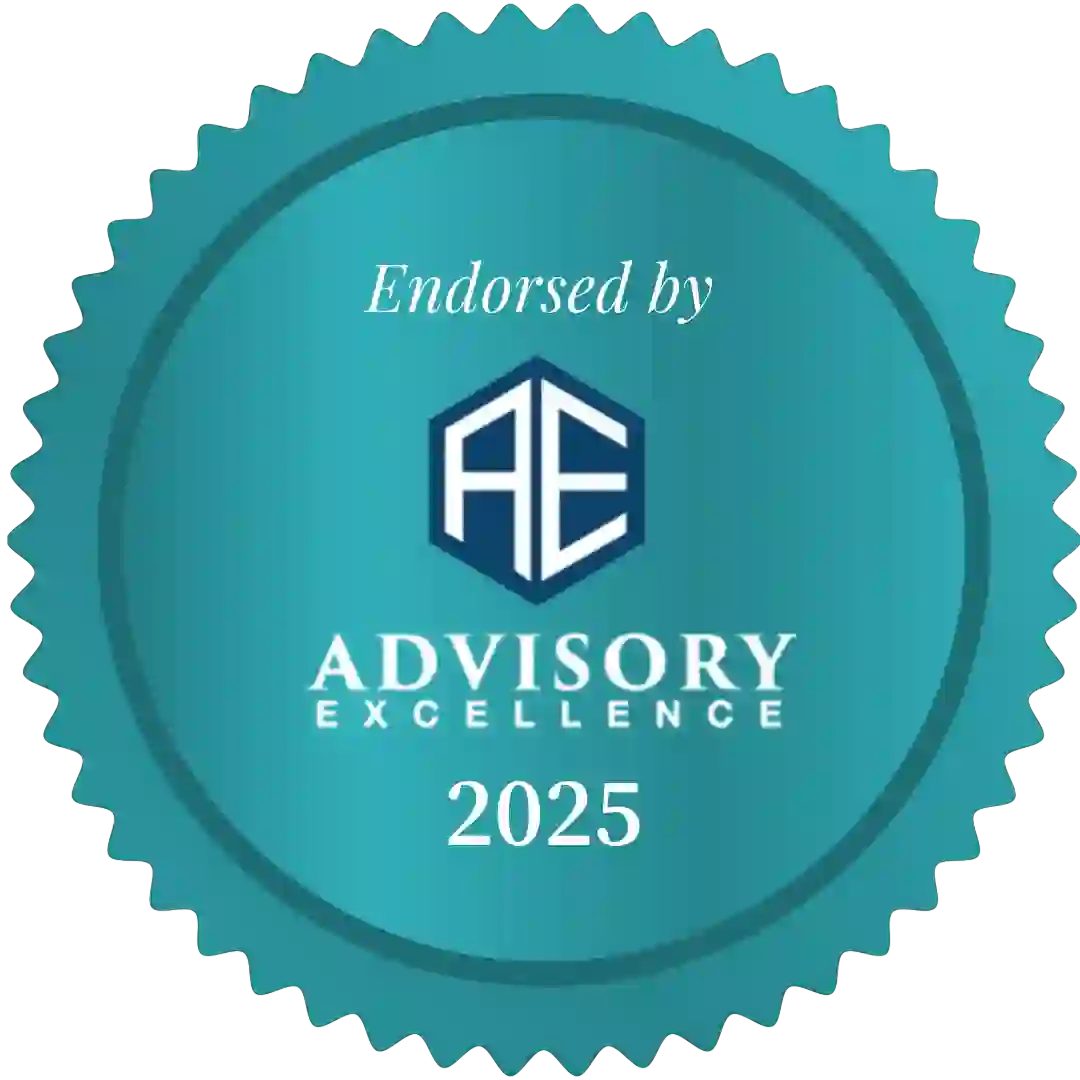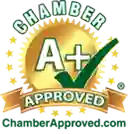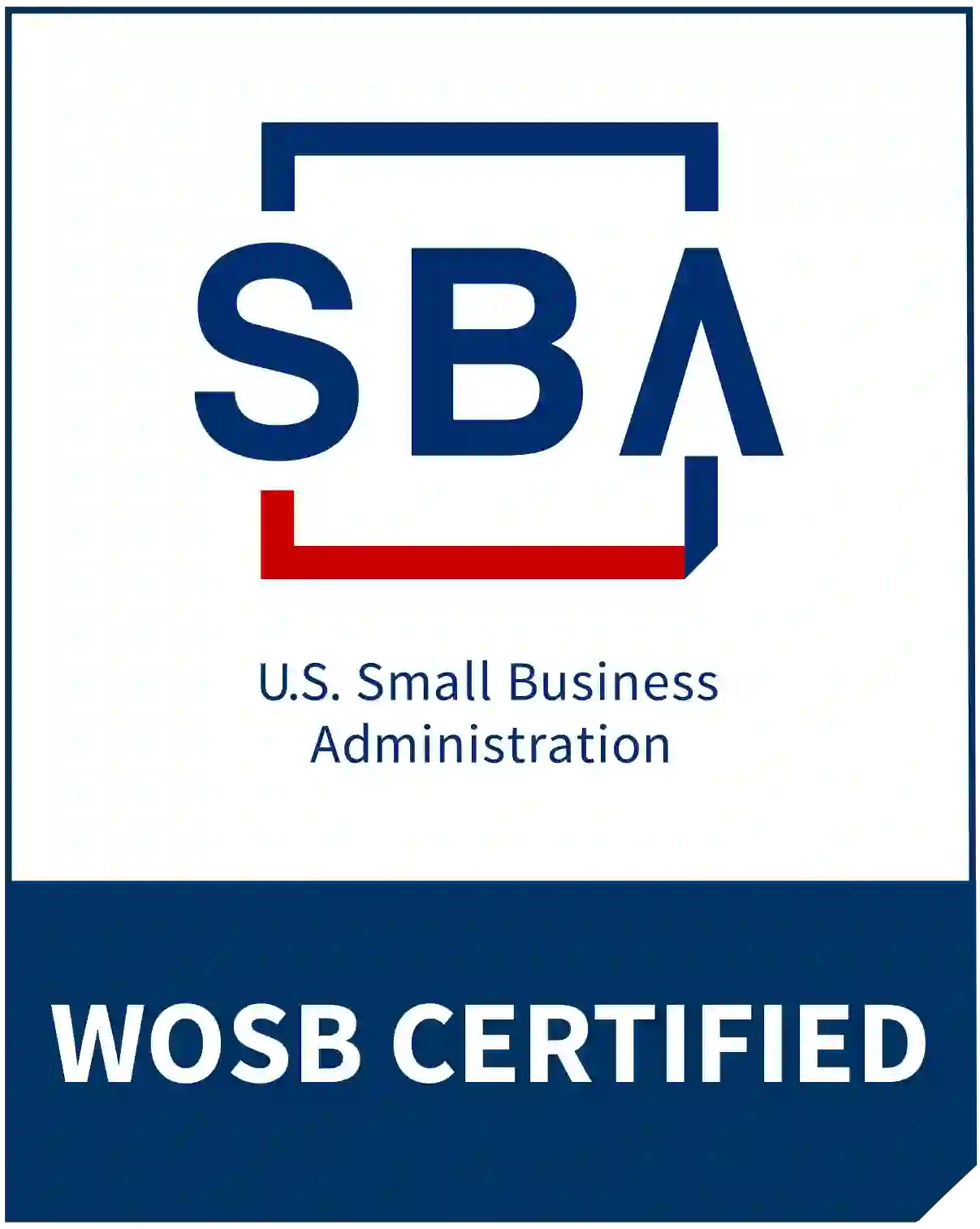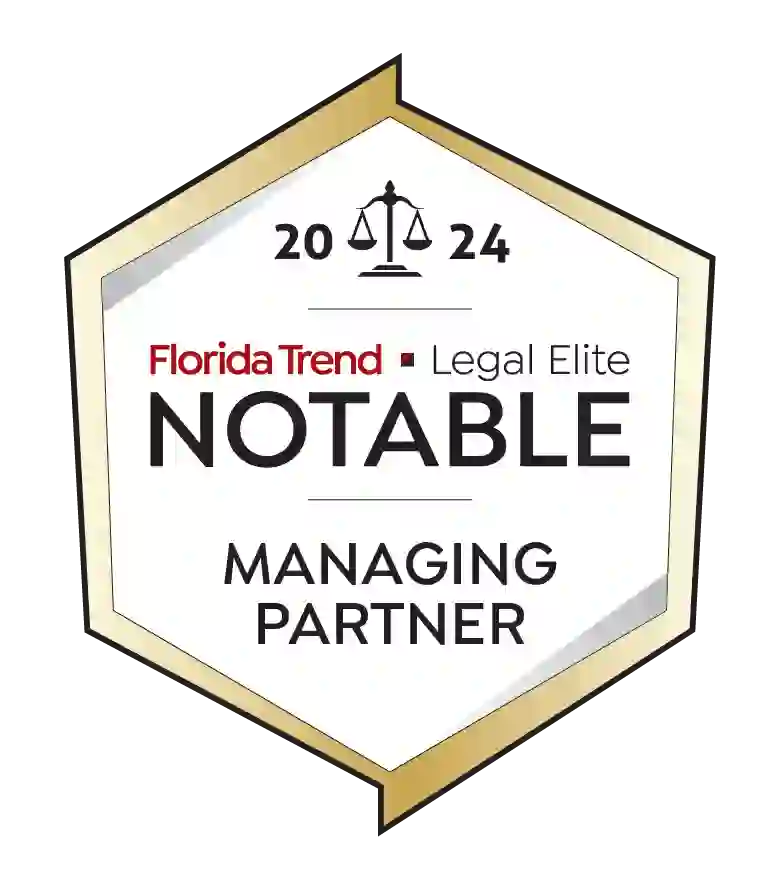An estate executor, also known as a personal representative, is the person in charge of managing and distributing a probate estate. Becoming an estate executor in Kendall will depend on whether the deceased had a will and whether you are able to serve. Understanding these requirements and the representative’s duties may be the first step to serving as executor.
If you have questions about becoming a personal representative or your duties as an executor, a probate attorney can help answer them. We assist with initiating the probate and provide guidance throughout the process.
How Does Someone Become an Estate Executor?
How a person becomes an executor in Kendall will depend on whether the decedent died with a will (testate) or without a will (intestate). The process of appointing a personal representative will differ depending on this fact.
Testate Probate Estate Executor
When creating a will, the testator (the will creator) normally names an executor and a successor executor. Once probate has been started, the court will officially appoint the executor, and if the will is contested, there may be a hearing to decide on the personal representative.
Intestate Probate Estate Executor
When there is no will, the court must appoint a personal representative to manage the probate. Any family member may petition to act as the personal representative; however, preference is usually given to surviving spouses. If there are no living blood relatives, a close friend or a professional may be appointed instead.
Who Can Serve as an Executor?
To serve as the executor of an estate in Kendall, a person must be at least eighteen years old, mentally and physically capable of serving, and not have a disqualifying criminal record. Any resident of Florida who meets these requirements can serve; however, an out-of-state executor must be related to the deceased by blood, marriage, or adoption.
Additionally, non-human entities that are authorized fiduciaries, like banks or trust companies, may also act as personal representatives. An entity may be a good choice for large or complex estates or if there is discord among family members. These representatives can offer impartial and professional services.
Qualities to Look for in an Executor
Even if an individual meets the age, capacity, and residency requirements to become an estate executor, they may not be the right choice for this role. Estate executors have various fiduciary responsibilities, and the role can be tedious. Executors should be detail-oriented, loyal, financially savvy, trustworthy, and have good communication skills.
Perhaps as critical as other qualities is the fact that an executor must be willing to serve. If a person is not available to fill the role or is unwilling to take on this responsibility, it can cause confusion and delays in the probate process.
What Are an Estate Executor’s Responsibilities?
An executor has several responsibilities and duties related to the probate process. These responsibilities include filing all necessary paperwork, locating and notifying beneficiaries and creditors, gathering all assets and valuing the estate, paying debts and taxes, and distributing assets. The estate executor must act in good faith and the best interest of the estate and its beneficiaries.
Contact a Kendall Lawyer if You Are Set to Become an Estate Executor
Becoming an estate executor in Kendall can be either a straightforward or more complex process. Like every individual and family, every probate is unique. Family dynamics and the existence or non-existence of a will can significantly impact who and how an individual becomes a personal representative.
The Florida Probate & Family Law Firm can help you understand how to become an estate executor and fulfill your duties as a personal representative. Contact us today to schedule a free case evaluation.





























